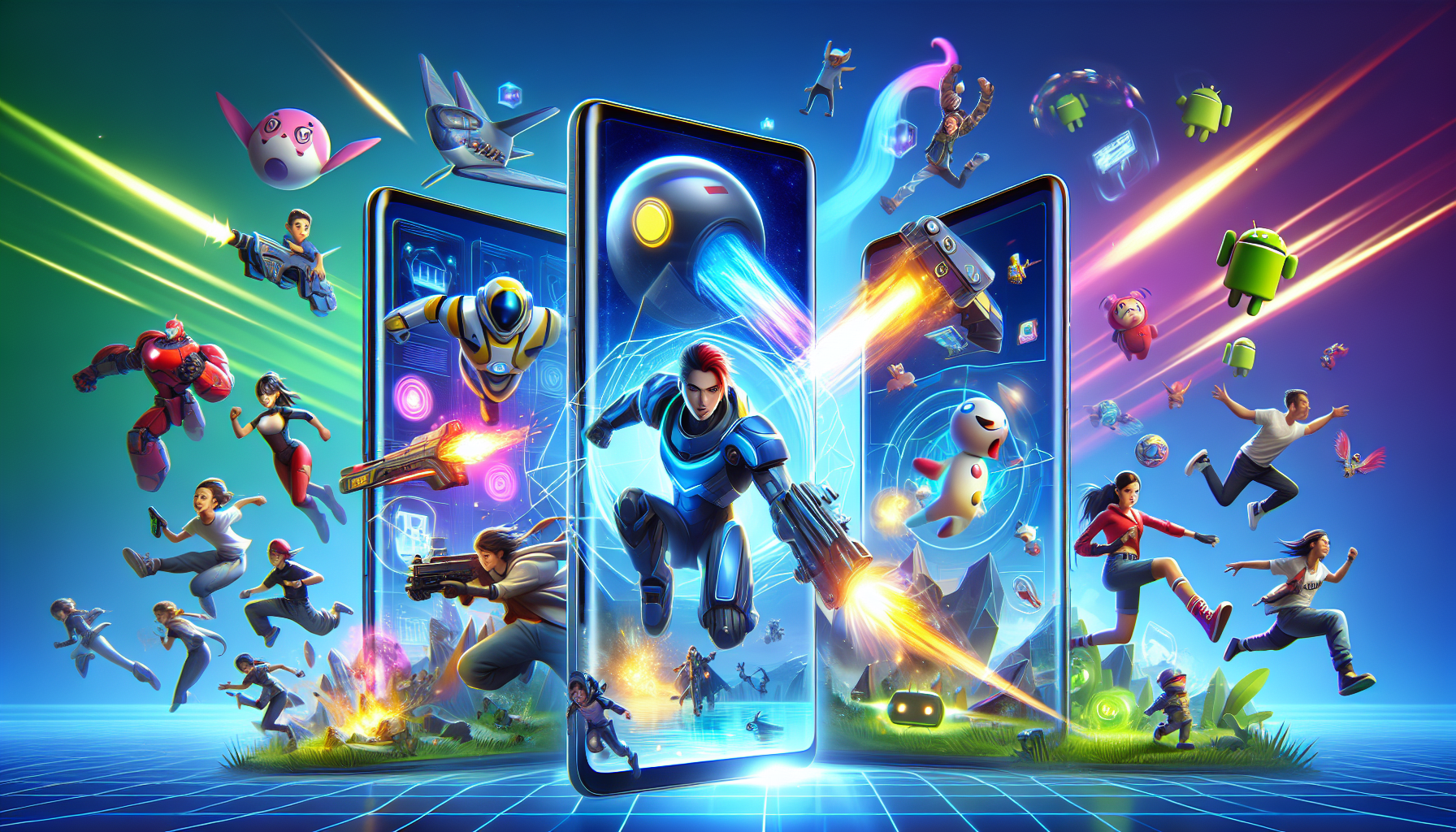The mobile gaming industry has undergone a remarkable transformation over the past decade. From simple, pixelated distractions, games on mobile devices have evolved into sophisticated, immersive experiences that rival console and PC offerings. As we stand on the precipice of further technological advancements, it is critical to explore the technologies and trends shaping the future of mobile games. With industry leaders like the 1win Innovation Squad at the helm, we anticipate a future rich in innovation, creativity, and interactivity.
The first significant technology poised to make a transformative impact is augmented reality (AR). AR layers digital elements onto the real world, creating a blend of physical and virtual realities. With the success of games like Pokémon GO, developers are increasingly incorporating AR to enhance gaming experiences. The potential for AR in mobile gaming is vast, promising more interactive and immersive environments that make players feel connected to both the digital and real worlds.
Another trend influencing mobile gaming is the rise of cloud gaming. Traditionally, mobile devices have been limited by hardware constraints, leading to a compromise in graphics and gameplay when compared to consoles or PCs. However, cloud gaming allows players to stream games from powerful servers over the internet, bypassing hardware limitations. This technology means that gamers can enjoy high-quality graphics and intricate gameplay on even basic mobile devices, leveling the playing field and expanding access to high-end gaming experiences.
Artificial intelligence (AI) is also a game-changer in the mobile gaming landscape. AI is being employed to create smarter non-player characters (NPCs), providing players with more challenging and dynamic interactions. Furthermore, AI-driven analytics help developers understand player behavior, enabling the personalization of gaming experiences. This tailored approach not only enhances player engagement but also contributes to the longevity of games.
The integration of blockchain technology is another significant development. Blockchain offers a decentralized approach to gaming, allowing for the creation of unique, tradeable digital assets known as non-fungible tokens (NFTs). This technology heralds a new era of digital ownership, where players genuinely own their in-game items, which can be traded, sold, or transferred across different games and platforms. Such features can revolutionize the economies within games, fostering new player-driven ecosystems and communities.
5G technology is also set to reshape the mobile gaming experience fundamentally. With its high-speed data transmission and low latency, 5G facilitates seamless multiplayer experiences and real-time interactions, which are crucial for competitive gaming. As 5G networks become more widespread, developers will harness these capabilities to create more complex and engaging multiplayer environments, enhancing the social aspects of gaming.
Finally, the emergence of hyper-casual games continues to gain momentum. Characterized by their simple mechanics and accessible gameplay, hyper-casual games cater to a broad audience, providing a quick and entertaining experience that appeals to both seasoned gamers and newcomers alike. The success of these games highlights a trend towards more diverse and inclusive gaming experiences, where fun and accessibility are the primary focus.
In conclusion, the future of mobile gaming is bright and filled with possibilities. As technologies continue to evolve and merge, we can expect mobile games to become increasingly complex, social, and interconnected. With innovation squads like 1win leading the charge, mobile gaming is poised to break new ground, offering experiences that challenge our perceptions of what gaming can be. As we move forward, it's an exciting time for players and developers alike, as they collectively shape the next chapter in the ever-evolving story of mobile gaming.
